-
Nutrition Education and Promotion Project
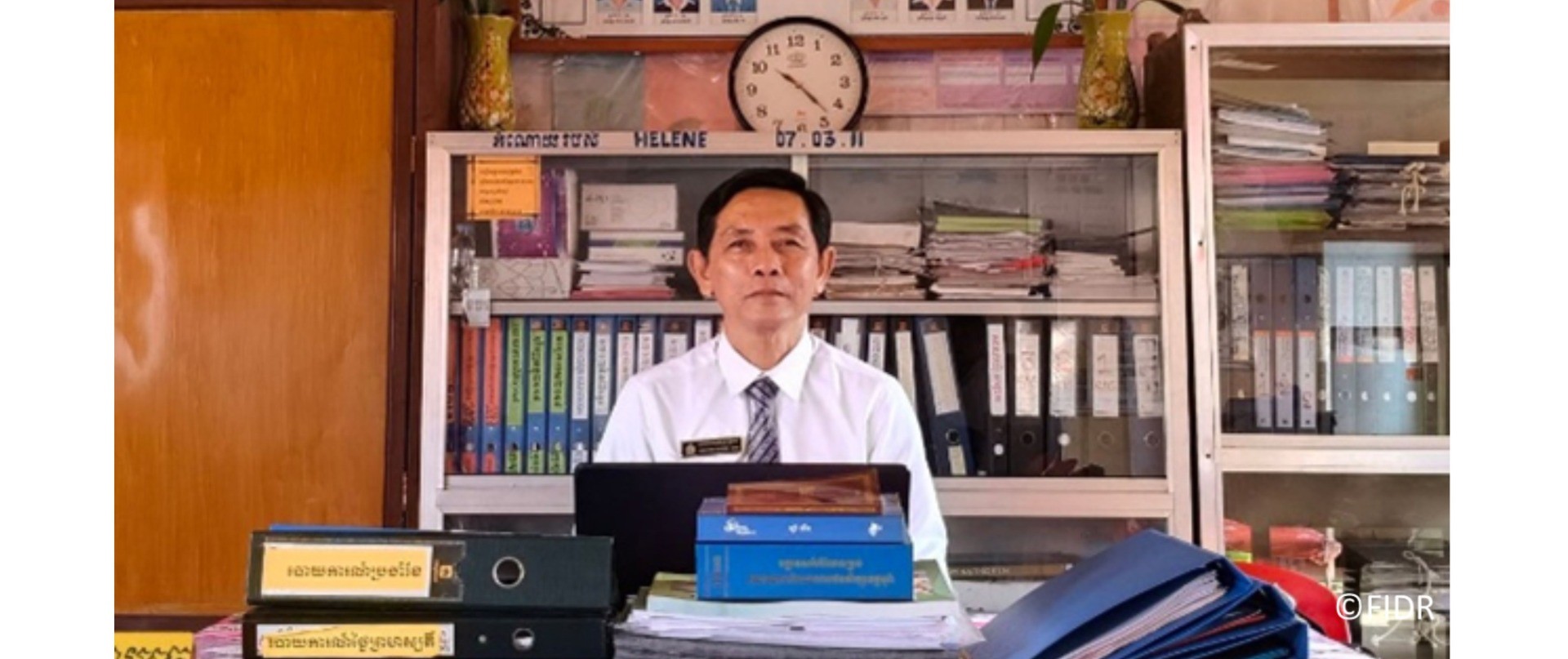
2025.06.02
The Story of Change: Turning Challenges into Success
Cambodia Health anbd Hygiene Nutrition Education International Cooperation for Social Development -
Pediatric Surgery Project
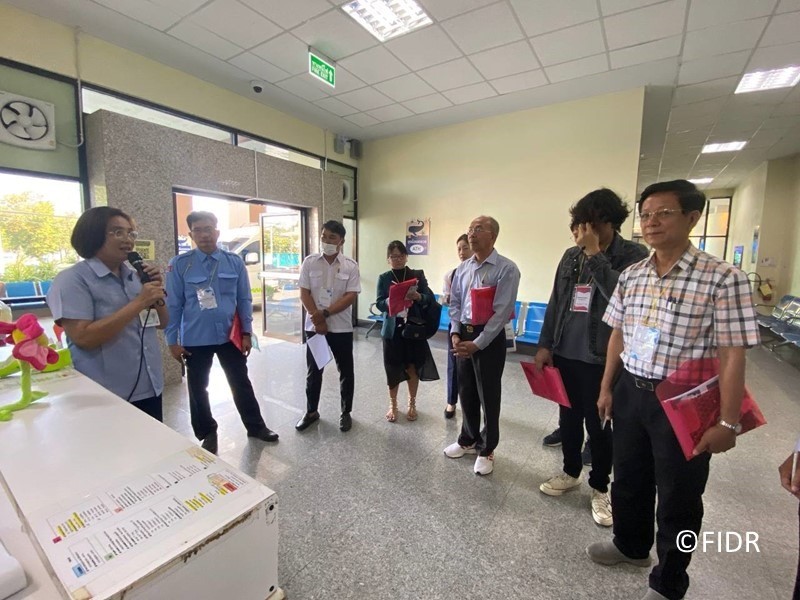
2025.03.27
A chance to see Health Advances in Ubon Ratchathani, Thailand, for Kratie Province health officials and a health center staff
Cambodia Medical Care International Cooperation for Social Development -
Pediatric Surgery Project
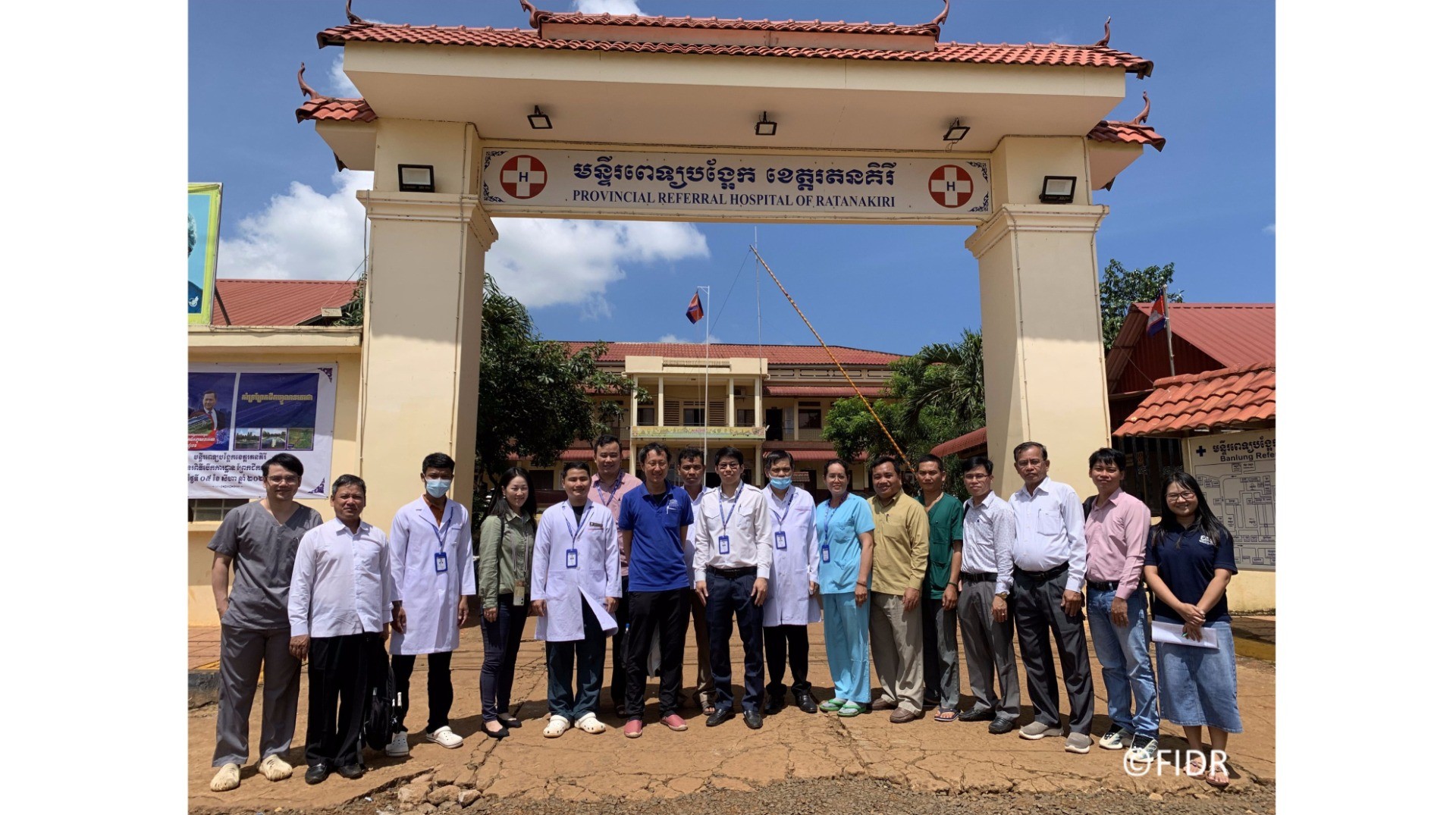
2024.12.06
Taking the First Step to Build a Network among Regional Hospitals
Cambodia Medical Care International Cooperation for Social Development -
Pediatric Surgery Project
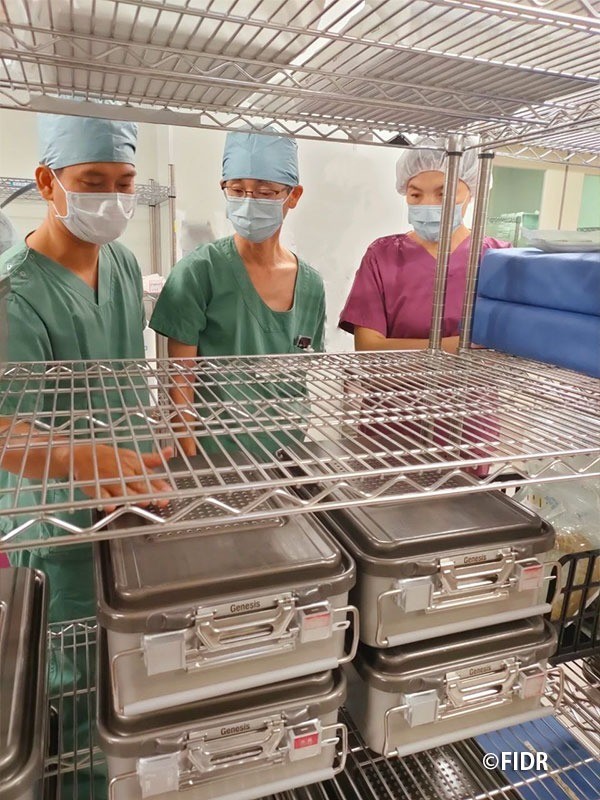
2024.05.13
Surprise after surprise, first visit to Japanese medical site!
Cambodia Medical Care International Cooperation for Social Development -
Community Development Project in Nepal
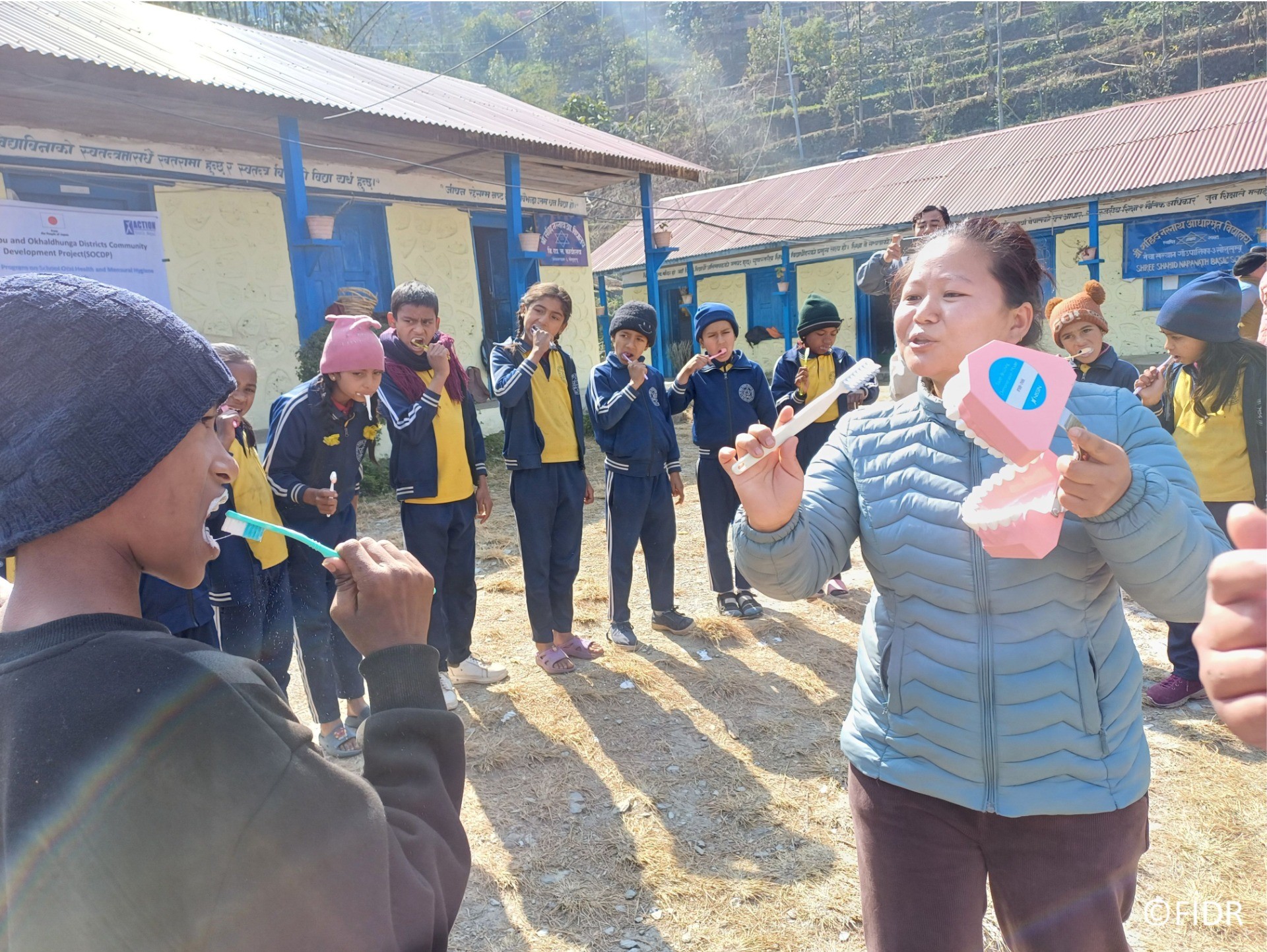
2024.03.25
We conducted the first "hygiene workshop" at schools in mountainous areas.
Nepal Agriculture Health anbd Hygiene Education International Cooperation for Social Development -
Nutrition Education and Promotion Project
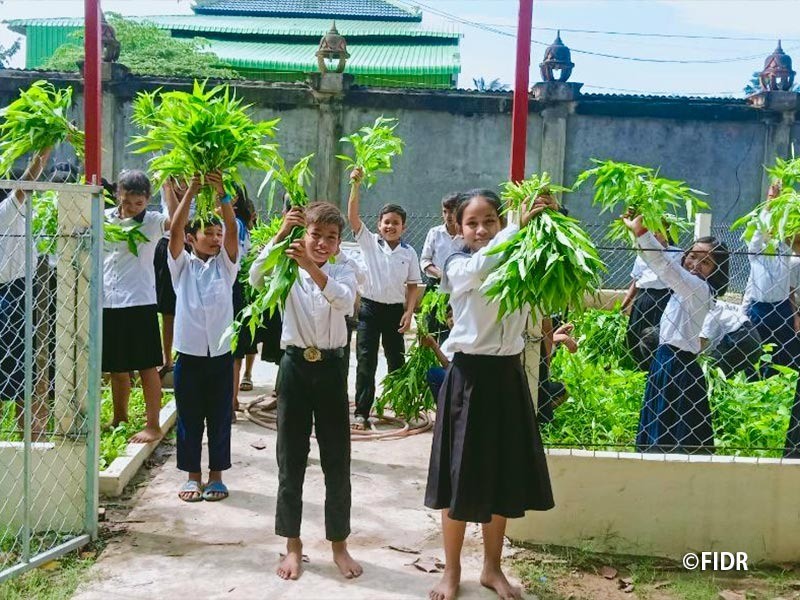
2024.01.19
The story of change “Improvement of management and leadership skills”
Cambodia Health anbd Hygiene Education Nutrition International Cooperation for Social Development -
Pediatric Surgery Project
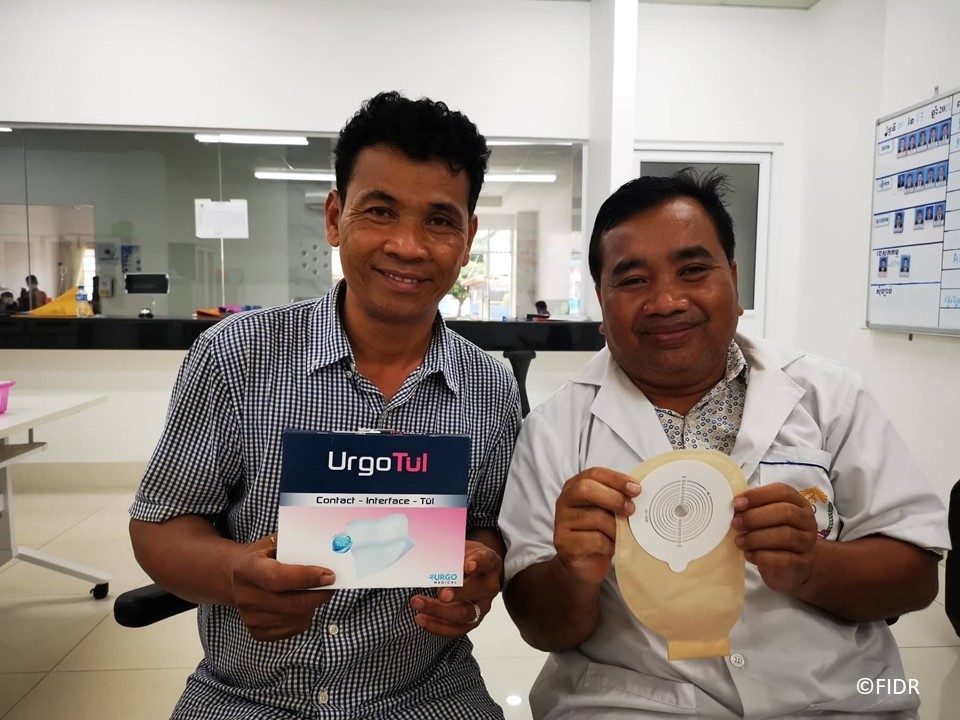
2023.09.08
New medical items are bringing smiles to the Kratie Provincial Referral Hospital!
Cambodia Medical Care International Cooperation for Social Development -
Community Development Project in Coffee Production Area Son La Province
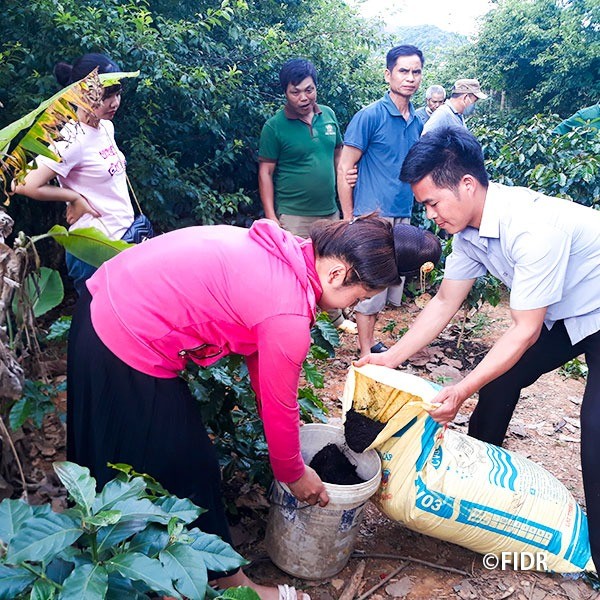
2023.08.10
Reducing costs by using eco-friendly compost
Viet Nam Agriculture International Cooperation for Social Development -
Project for Improvement of Living and Child Nutrition in Tay Nguyen
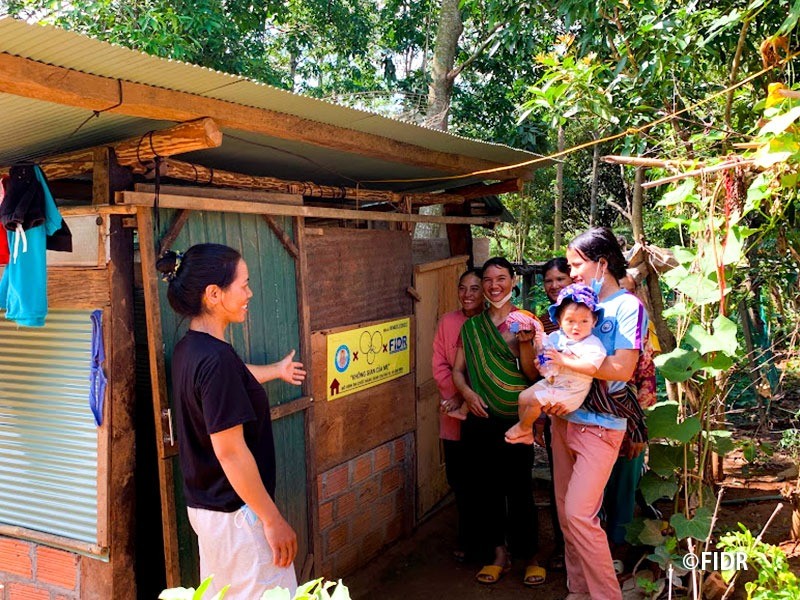
2023.07.21
Mother's Space is not just a toilet. It's far more than that! “I feel that our homes and community have become much cleaner.”
Viet Nam Health anbd Hygiene Nutrition Agriculture International Cooperation for Social Development -
Nutrition Education and Promotion Project
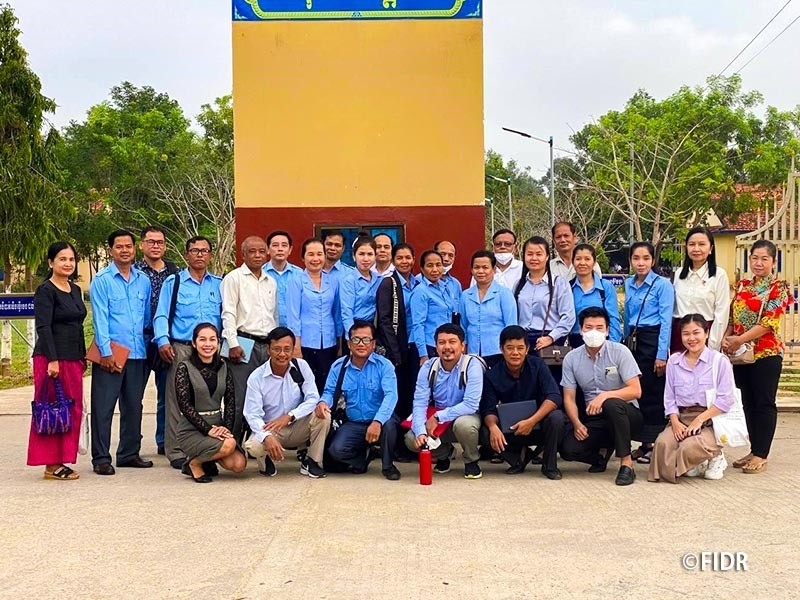
2023.07.14
Building capacity through study tour
Cambodia Health anbd Hygiene Nutrition Education International Cooperation for Social Development -
Nutrition Education and Promotion Project
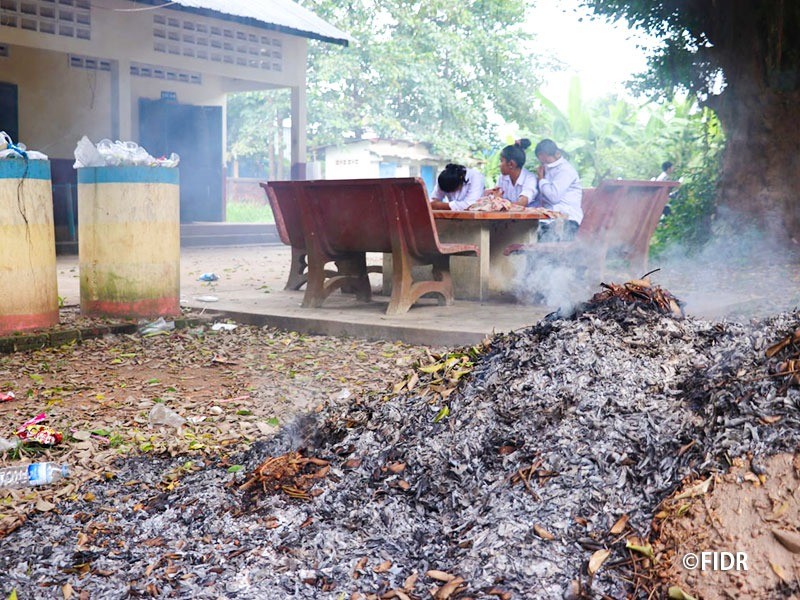
2023.06.14
Classmates are influencers! Project “let's do something about garbage at school”
Cambodia Health anbd Hygiene Nutrition Education International Cooperation for Social Development -
Community Development Project in Nepal
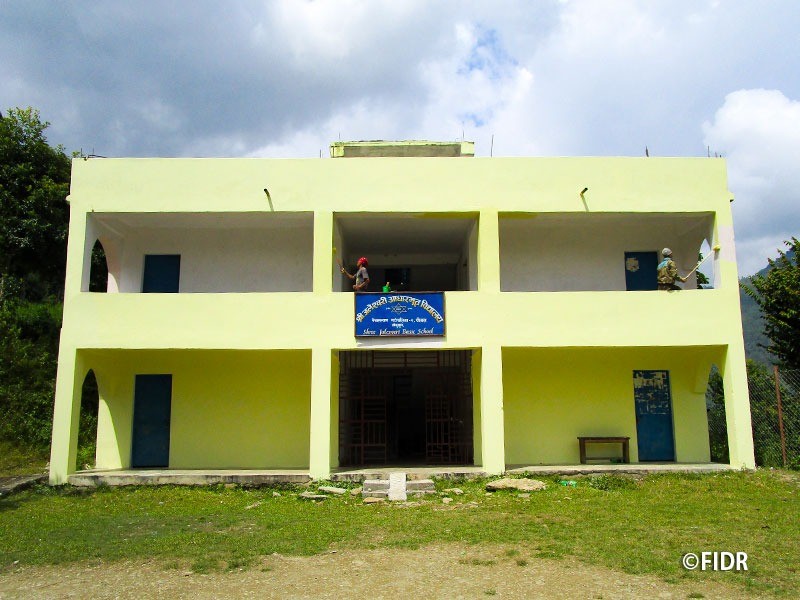
2023.05.12
Creating environments where children are motivated to learn - repairing school buildings and preparing desks first -
Nepal Health anbd Hygiene Agriculture Education International Cooperation for Social Development -
Community Development Project in Nepal
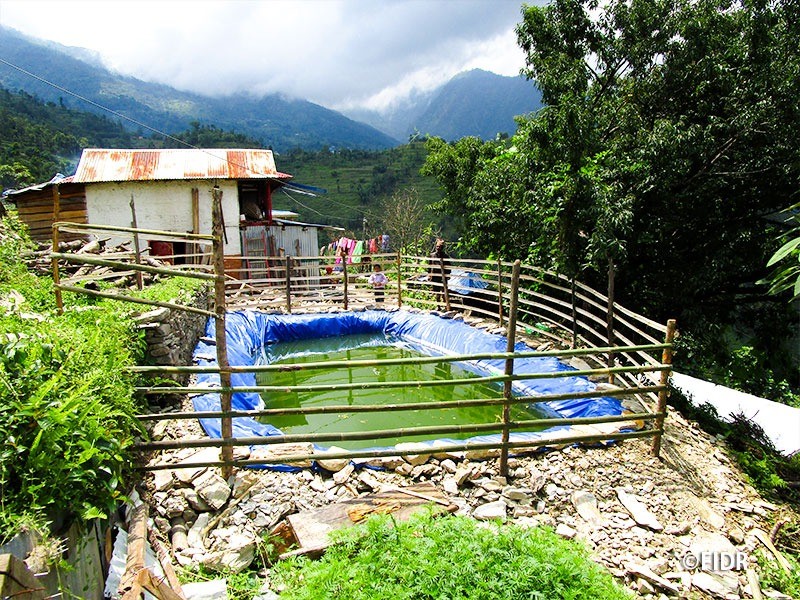
2023.04.07
Do not miss the change in agricultural production in the dry season!
Nepal Health anbd Hygiene Agriculture Education International Cooperation for Social Development -
Pediatric Surgery Project
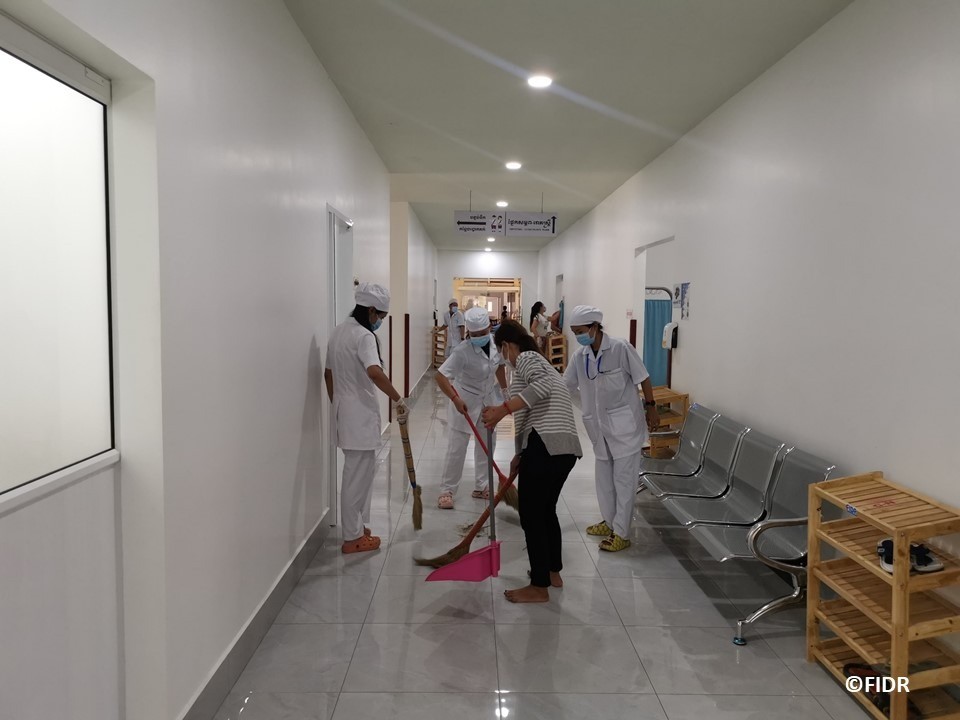
2022.08.01
A challenge of Surgical Ward Staff in making new building cleaner
Cambodia Medical Care International Cooperation for Social Development -
Pediatric Surgery Project
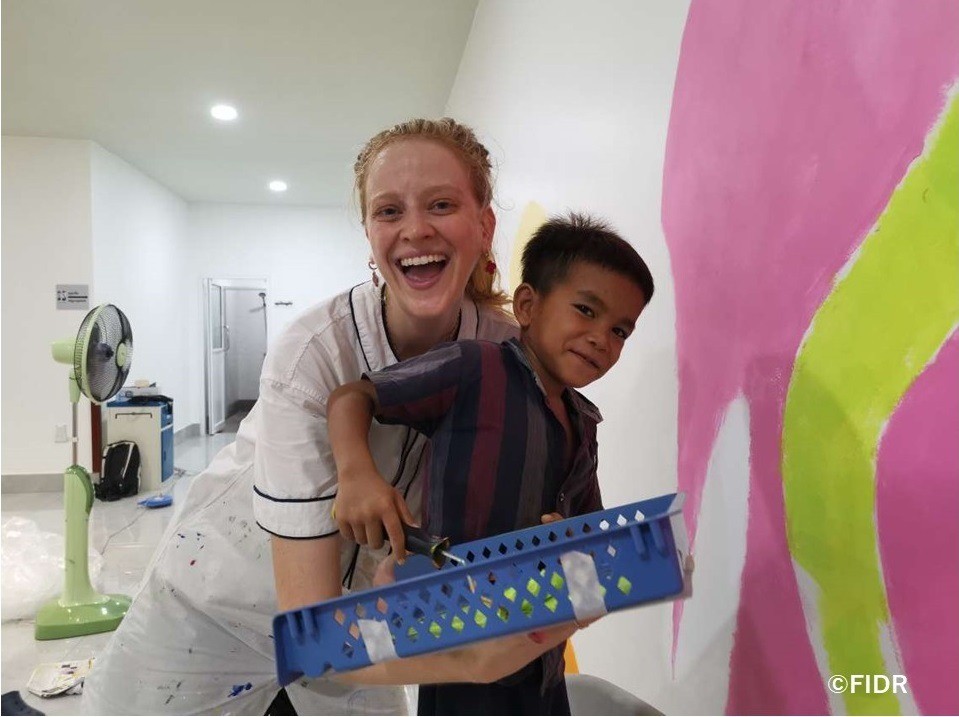
2022.08.01
The power of art that brightens the hospital and the feeling of patients
Cambodia Medical Care International Cooperation for Social Development -
Community Development Project in Nepal
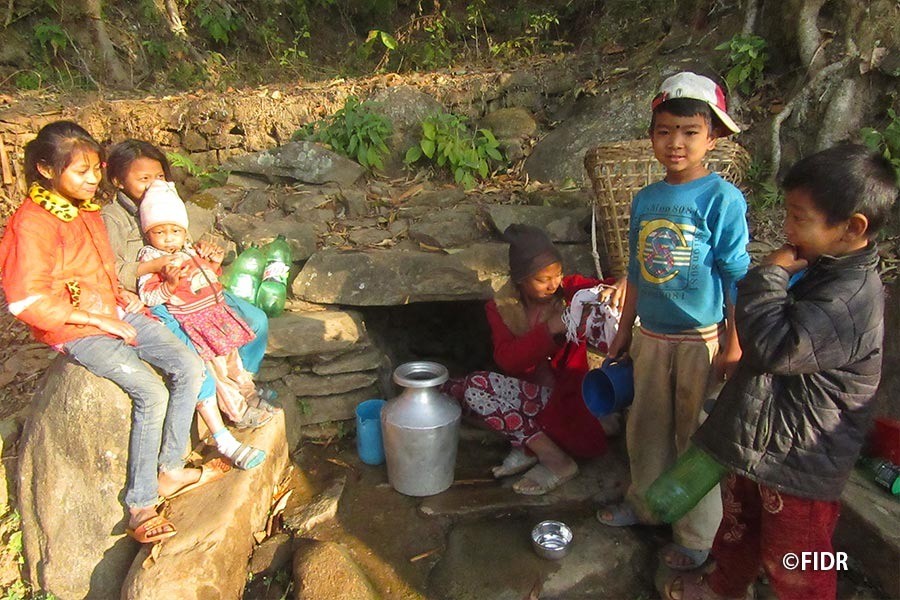
2022.06.10
Community Development Project has started in Nepal!
Nepal Health anbd Hygiene Agriculture Education International Cooperation for Social Development -
Project for Improvement of Living and Child Nutrition in Tay Nguyen
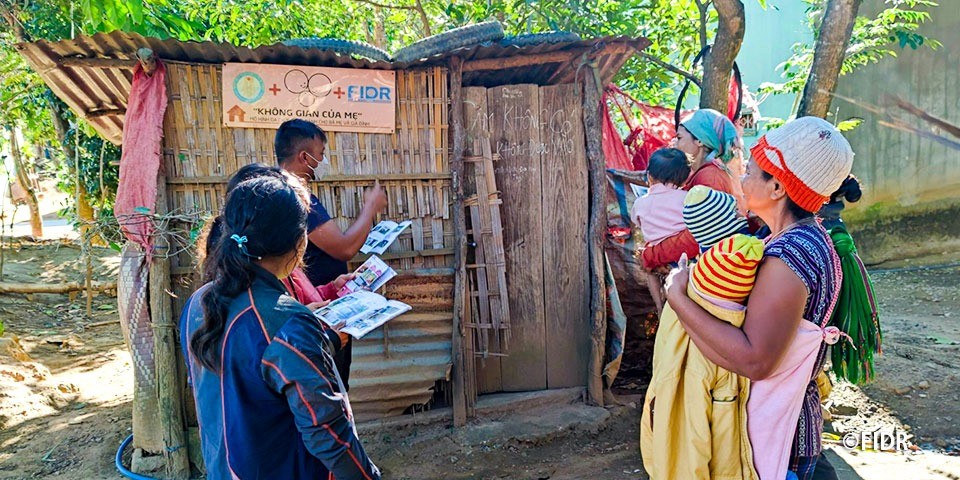
2022.02.24
“Mother's Space” is back to Kon Tum Province!
Viet Nam Health anbd Hygiene Nutrition Agriculture International Cooperation for Social Development -
Pediatric Surgery Project
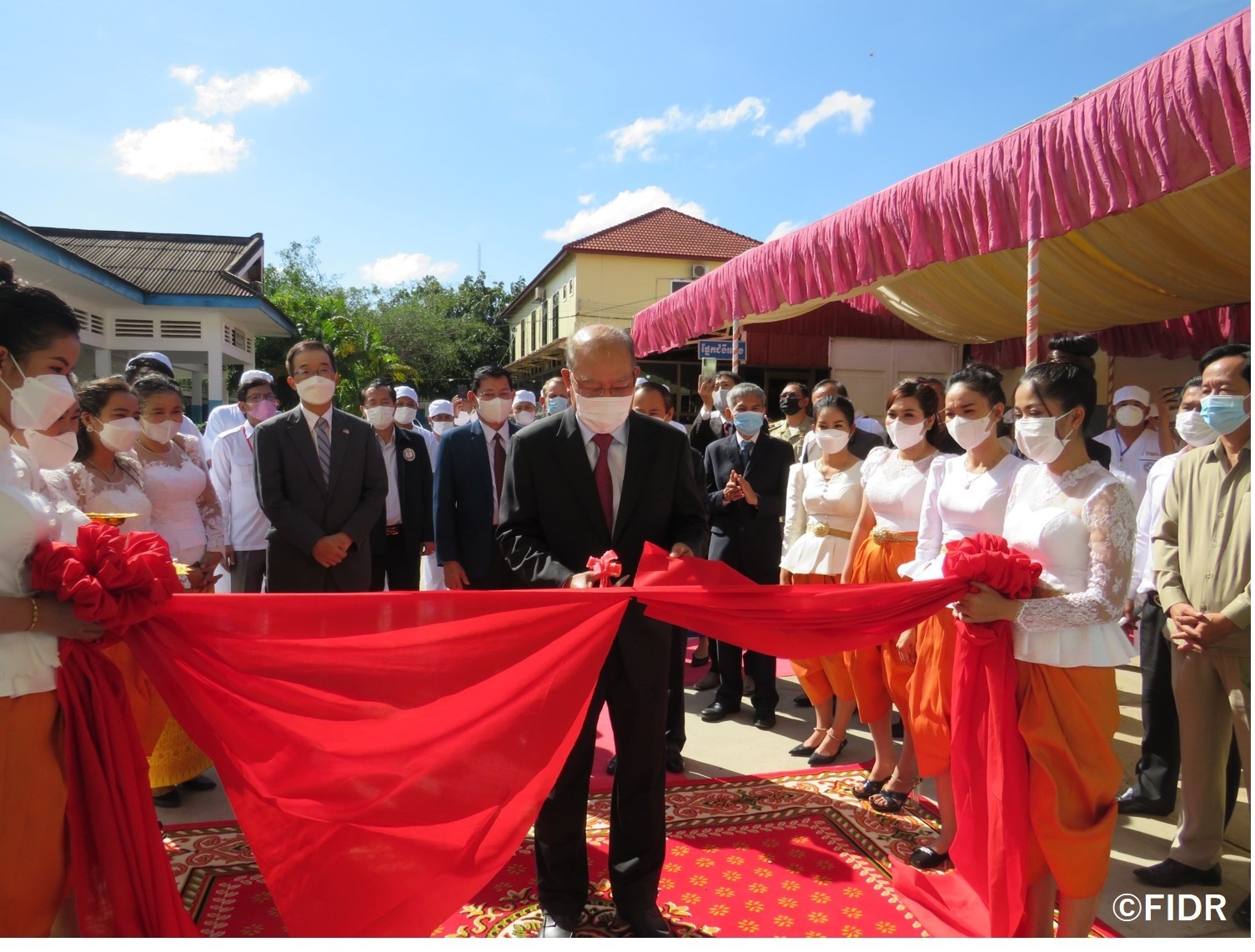
2022.02.03
An inauguration ceremony of new building was conducted
Cambodia Medical Care International Cooperation for Social Development
DONATION
Your generous donation now will have impacts
on children and communities in our fields.















